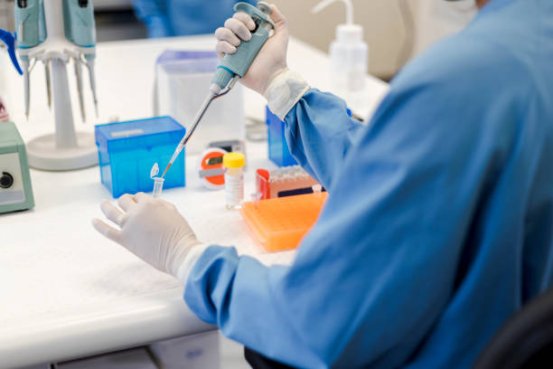In the field of laboratory diagnostics, Proteomics Microbial Sequencing is redefining how we analyze microorganisms and their impact on human health. By combining proteomics—the large-scale study of proteins—with microbial genome sequencing, this approach provides a complete molecular snapshot of microbial ecosystems.

Microbes play a critical role in maintaining health, supporting immunity, and influencing disease development. Yet, many remain undetectable through conventional testing. Proteomics microbial sequencing solves this challenge by identifying both microbial species and their functional proteins, giving researchers and clinicians deeper insights into microbial behavior.
This advanced method is widely used in clinical diagnostics to detect infections, study microbiome imbalances, and trace antibiotic resistance. For example, hospitals now use sequencing-based lab tests to quickly identify pathogens in bloodstream infections, reducing diagnostic time and improving patient outcomes.
From a technical perspective, the method integrates mass spectrometry, high-throughput sequencing, and bioinformatics analysis. These tools allow laboratories to process complex samples efficiently and produce reliable, reproducible data.
As healthcare moves toward personalized medicine, the integration of proteomics microbial sequencing into lab testing services represents a major milestone. It enables precision diagnostics, supports preventive care, and fosters innovation in medical research. Ultimately, this technology helps bridge the gap between molecular science and practical healthcare solutions.
